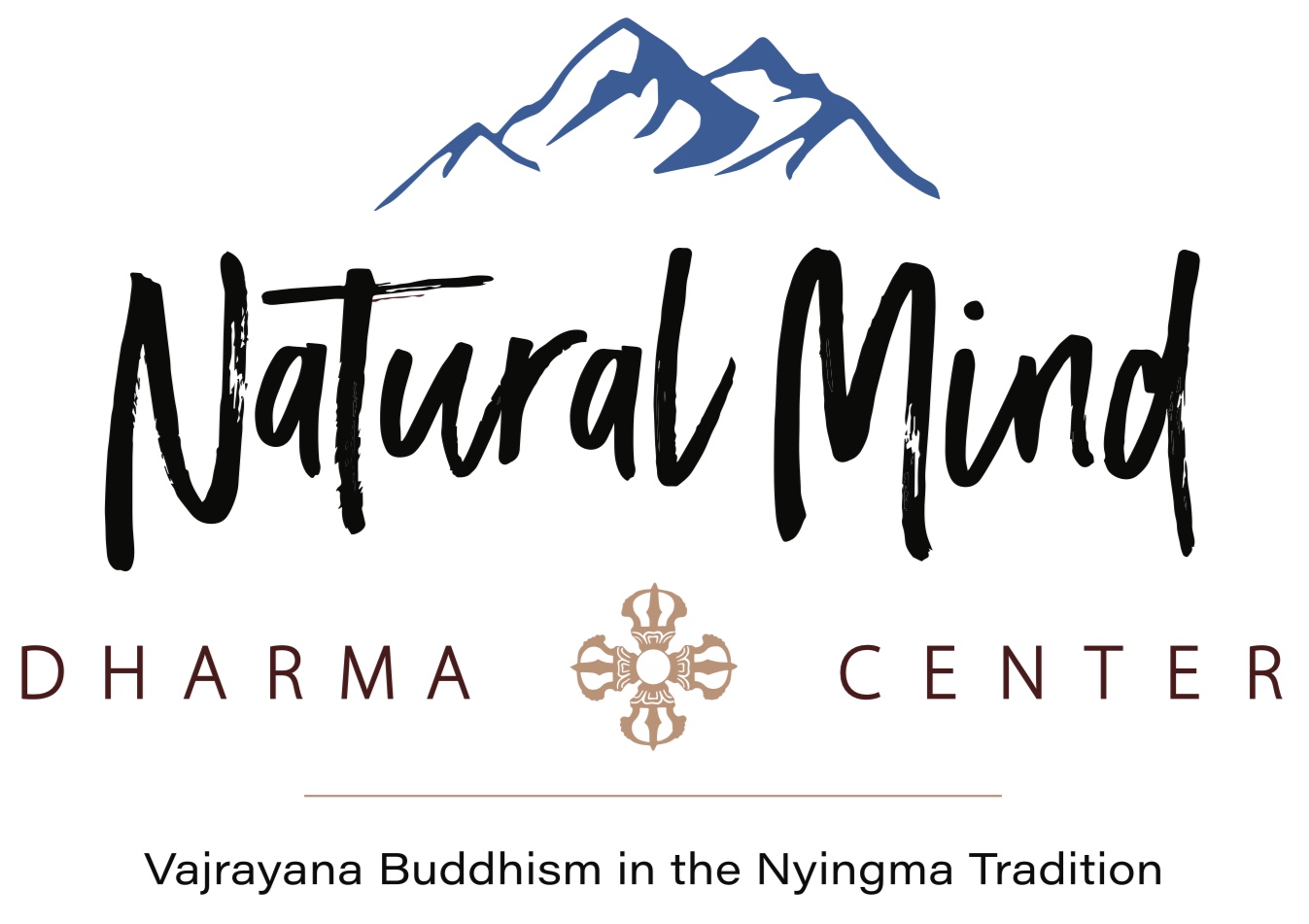Return of the Light
When we fall asleep, we enter the doorway of dreams. Before dreams arise we momentarily have the opportunity to behold the primary clear light of awareness. If we have practiced recognizing the illusory veil of our mental habits, we may abide in that light and need not enter the dream. Most of us have too many unresolved issues and are fearful of the light. So we rise into dreamtime and hope to work out our hidden unconscious stuff through a shadow of conscious awareness.
We are now experiencing the return of light called winter. The solstice reminds us of the ever-present possibility of light, even in the cold and darkness. As seasons move in cycles, so does our breath and the beating of our heart. There is never a time when the light is unavailable as cycles repeat in every moment. But we also have to experience the dark background—like stars in the sky. If we are inclined to practice Dzogchen meditation, we understand this paradox and realize the darkness can never obscure the light.
The unique feature of Dzogchen, the natural self-perfected state, is that right from the beginning we perceive clear light manifesting through a direct, naked, and unfabricated experience. The clear light is made vivid and certain by the natural self-recognition of rigpa, the pure and total presence of awareness. This is originally free from any delusion or corrupting effect. In the Eight Thousand Verse Prajñāparamitā, Buddha Shakyamuni distills this into two precious lines:
“The mind is devoid of mind,
For the nature of mind is clear light.”
If our original nature is light from the beginning, there is nothing to chase after. We fall into the ego’s trap if we think we are obscured and need to create some magical experience called enlightenment. All of our suffering stems from this delusion that has no essential existence. If we rest nakedly in whatever arises, it naturally self-liberates into the clear light—like ungraspable clouds dissipating in sunlight. This, paradoxically, takes practice.
